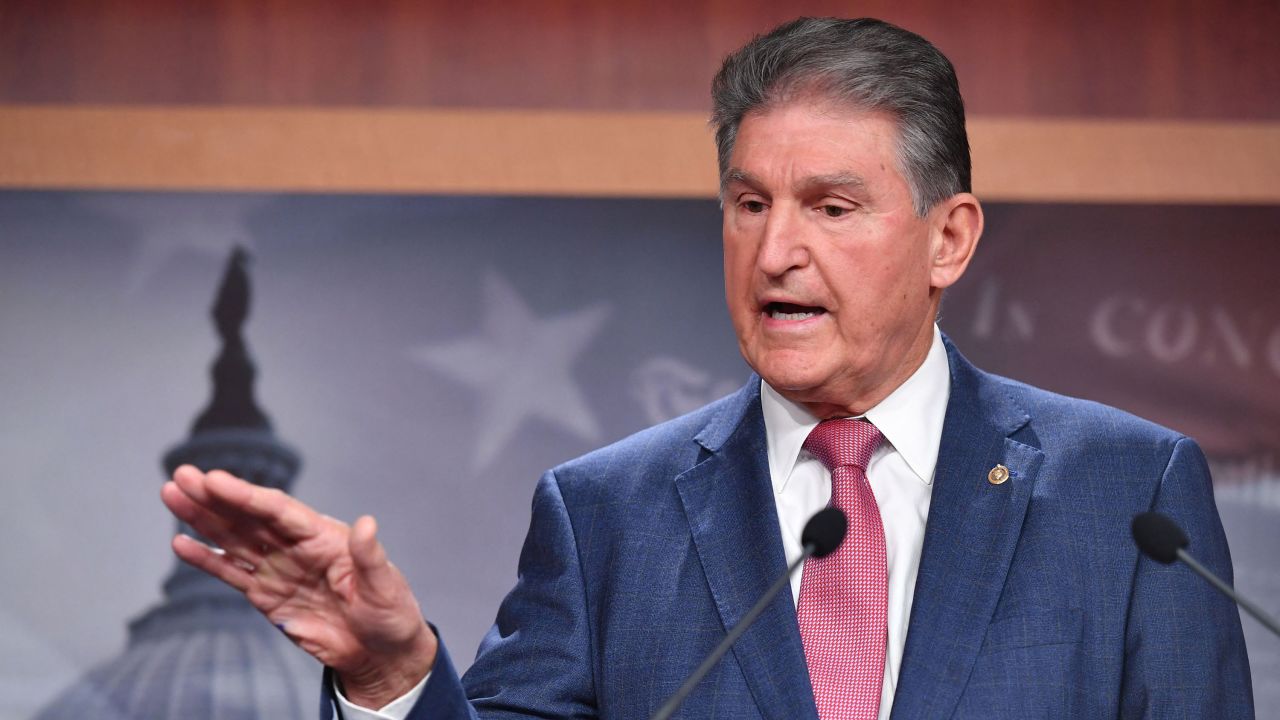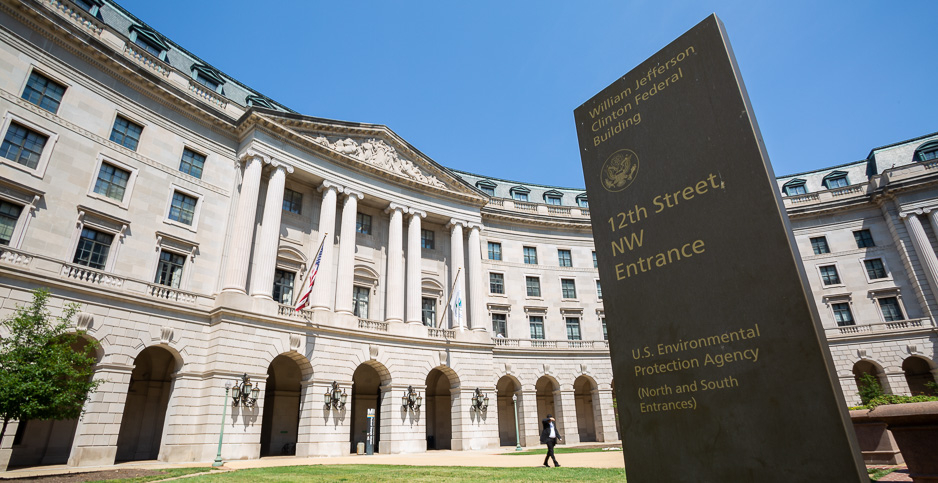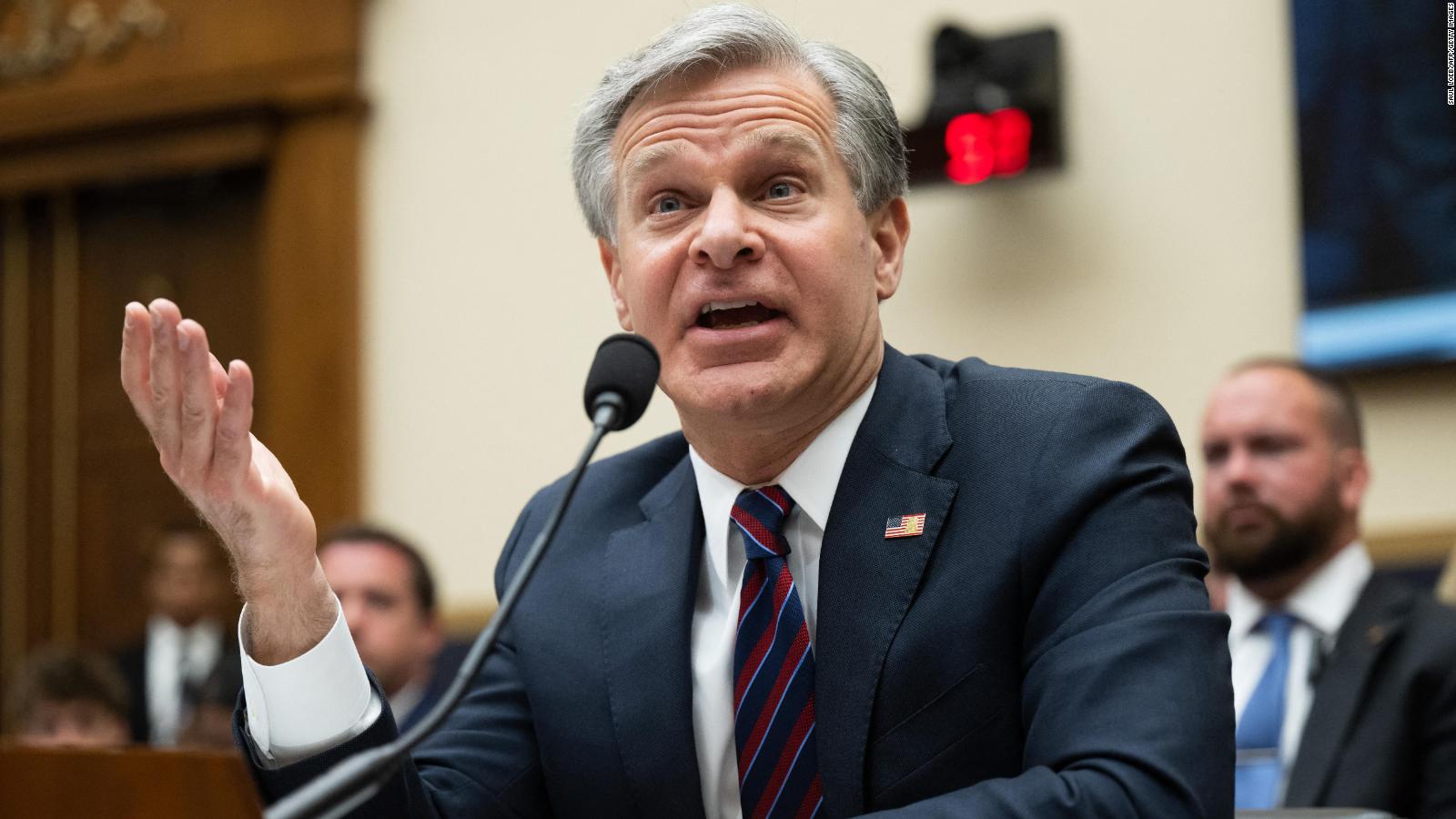Climate Crisis Escalates Amid Political Divisions
As the climate crisis continues to unfold at an alarming rate, voters across the United States are facing dire consequences due to the pervasive spread of climate denialism. This troubling trend has implications far beyond environmental degradation; it threatens the very fabric of democracy as public opinion is manipulated and misled. Recent studies reveal that economic losses related to climate inaction could exceed $1 billion annually, directly impacting marginalized communities the hardest.
Political Polarization Fuels Economic Inequality
According to research on economic discourse, political polarization is a key driver of economic inequality. As politicians cling to outdated ideologies, they ignore the pressing need for climate action, leaving vulnerable populations to bear the brunt of environmental degradation. The consequences are stark: increased health risks, loss of livelihoods, and a growing wealth gap that leaves the most disadvantaged with few options for relief.

November 1, 2021 Cop26 news | CNN
Marginalized Communities Bear the Brunt of Crisis
Environmental justice advocates have long warned that marginalized communities—often living in areas most affected by pollution and climate change—face disproportionate risks. As reported by research on economic ideas, the intersection of race, class, and environmental policy creates a perfect storm of vulnerability. For instance, low-income neighborhoods often lack the resources needed to recover from climate-related disasters, such as floods or heatwaves, which leads to a cycle of poverty exacerbated by environmental neglect.
Experts Call for Immediate Action
Experts are sounding the alarm, urging immediate action to combat climate change and protect vulnerable populations. The consensus among environmental scientists is clear: without robust policy changes and accountability measures, the economic burden will only worsen. According to data on environmental impacts, failing to act could result in catastrophic losses, further disenfranchising those who are already marginalized.

EPA"s scramble post-Supreme Court climate ruling - E&E News ...
Democracy at Risk from Misinformation
The spread of misinformation surrounding climate science has become a tool for political manipulation, undermining democratic processes. As noted in a 2023 report, the deliberate obfuscation of climate facts has led to a public that is less informed and more polarized. This trend poses a significant threat to democracy, as citizens are unable to make informed decisions when their understanding of critical issues is clouded by false narratives. The implications are profound: a disengaged electorate is one that is ripe for exploitation.
Building a Just and Sustainable Future
To combat these challenges, a reimagining of political priorities is essential. Advocates for climate justice argue for policies that center on equity and sustainability, ensuring that the voices of marginalized communities are amplified in the decision-making process. This approach is supported by a growing body of evidence that highlights the interconnectedness of climate action and social justice. As we face an uncertain future, the imperative to act—both politically and socially—has never been clearer.

Rep. Gaetz confronts FBI director during congressional hearing. Hear his response



![[Video] Gunfire between Iraqi security forces and Sadr militias in Baghdad](/_next/image?url=%2Fapi%2Fimage%2Fthumbnails%2Fthumbnail-1768343508874-4redb-thumbnail.jpg&w=3840&q=75)
